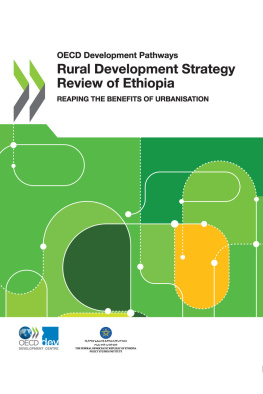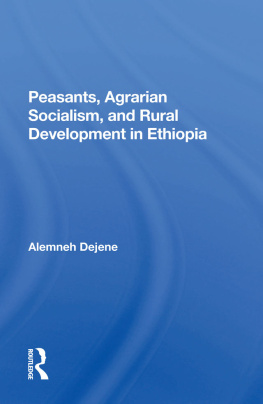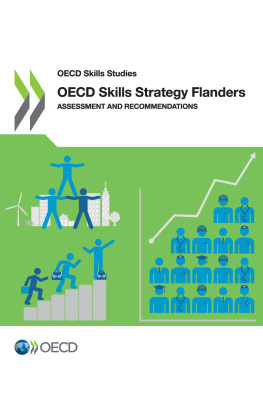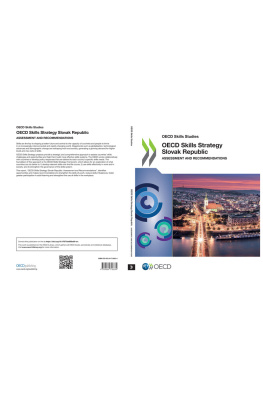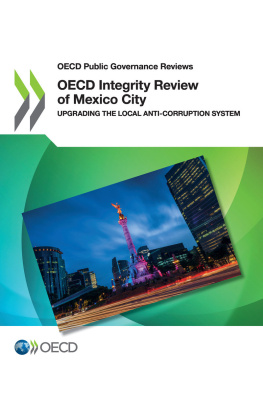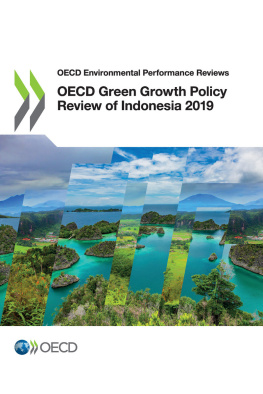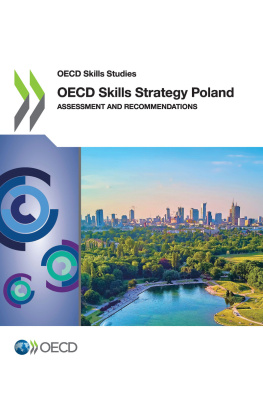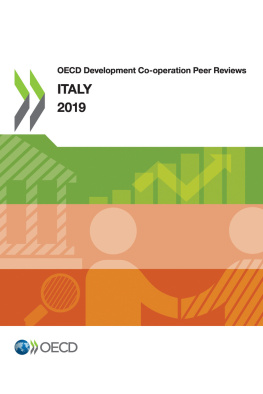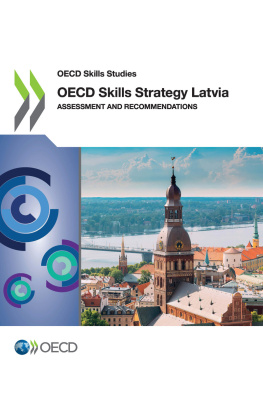OECD and PSI - Rural Development Strategy Review of Ethiopia
Here you can read online OECD and PSI - Rural Development Strategy Review of Ethiopia full text of the book (entire story) in english for free. Download pdf and epub, get meaning, cover and reviews about this ebook. year: 2020, publisher: OECD Publishing, genre: Politics. Description of the work, (preface) as well as reviews are available. Best literature library LitArk.com created for fans of good reading and offers a wide selection of genres:
Romance novel
Science fiction
Adventure
Detective
Science
History
Home and family
Prose
Art
Politics
Computer
Non-fiction
Religion
Business
Children
Humor
Choose a favorite category and find really read worthwhile books. Enjoy immersion in the world of imagination, feel the emotions of the characters or learn something new for yourself, make an fascinating discovery.
- Book:Rural Development Strategy Review of Ethiopia
- Author:
- Publisher:OECD Publishing
- Genre:
- Year:2020
- Rating:5 / 5
- Favourites:Add to favourites
- Your mark:
- 100
- 1
- 2
- 3
- 4
- 5
Rural Development Strategy Review of Ethiopia: summary, description and annotation
We offer to read an annotation, description, summary or preface (depends on what the author of the book "Rural Development Strategy Review of Ethiopia" wrote himself). If you haven't found the necessary information about the book — write in the comments, we will try to find it.
Rural Development Strategy Review of Ethiopia — read online for free the complete book (whole text) full work
Below is the text of the book, divided by pages. System saving the place of the last page read, allows you to conveniently read the book "Rural Development Strategy Review of Ethiopia" online for free, without having to search again every time where you left off. Put a bookmark, and you can go to the page where you finished reading at any time.
Font size:
Interval:
Bookmark:
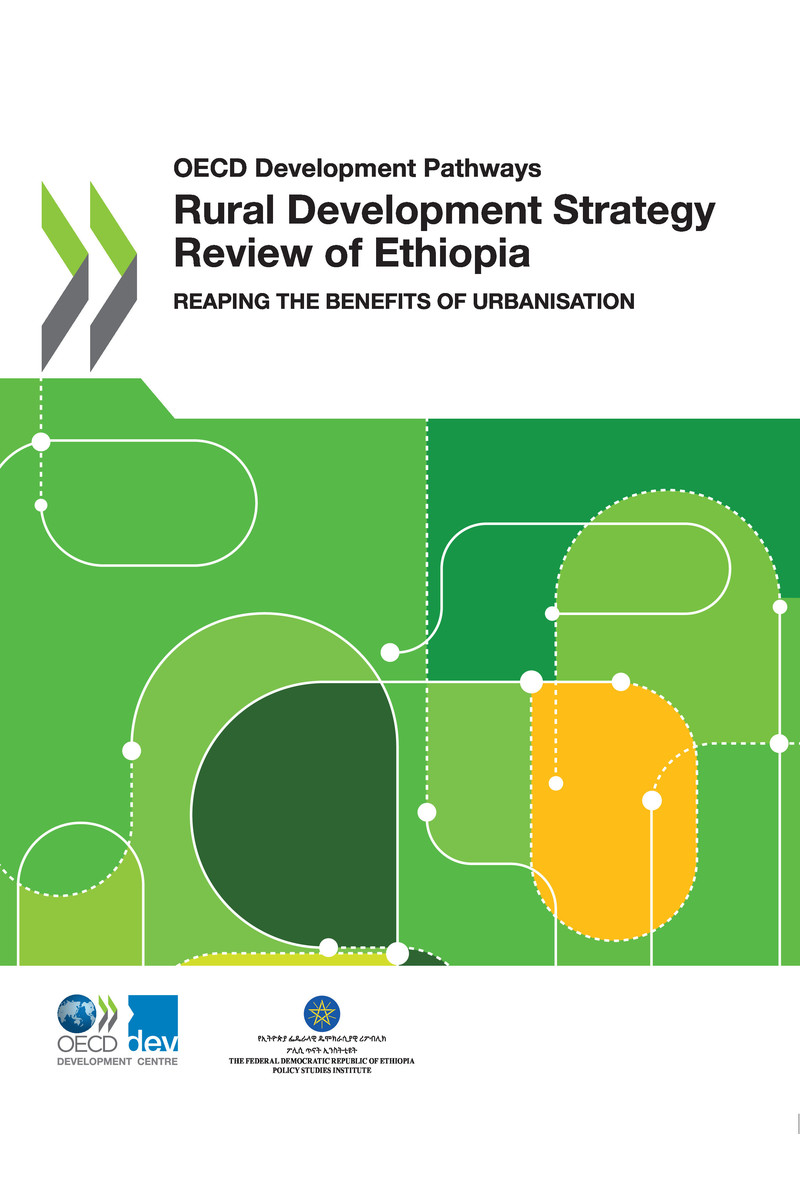
OECD/PSI (2020), Rural Development Strategy Review of Ethiopia: Reaping the Benefits of Urbanisation , OECD Development Pathways, OECD Publishing, Paris, https://doi.org/10.1787/a325a658-en .
Countries like Ethiopia are placing rural areas at the centre of their national development efforts. With almost 80% of its total population residing in rural areas, and a similar share of employment in agriculture, Ethiopia has made rural development a priority in its development agenda. Starting in the mid-1990s, Ethiopia has implemented a series of reforms focusing on promoting agricultural development coupled with unprecedented public investment in pro-poor sectors. As a result, Ethiopia has achieved a two-digit economic growth rate and reduced rural poverty by half. However, as is the case of many countries in the region, Ethiopia is confronted today with a series of challenges that call for a revision of the existing policy framework for rural development.
The Rural Development Strategy Reviews (RDSRs) are an OECD assessment and guiding tool that provides comprehensive analysis and policy guidance for inclusive and sustainable rural-urban transformation. They are produced in response to countries demands for new analytical tools that go beyond sectoral approaches and harness the functional roles of rural and urban areas. Moreover, the RDSRs build on the OECD Development Centres New Rural Development Paradigm (NRPD). The new paradigm stresses the need for strategies that are multi-sectoral. Beyond just agriculture, they should focus on rural industry and services, and beyond rural areas, they should focus on rural-urban linkages. Strategies have to be multi-agent and multi-level, involving not just national but also local and regional governments, as well as the private sector, international donors, non-governmental organisations and rural communities.
The RDSR of Ethiopia was made possible thanks to the support of the Korean International Co-operation Agency (KOICA) that seeks to promote rural development in developing countries. It was carried out by the Social Capital Rural Development Unit of the OECD Development Centre, in co-operation with the Policy Studies Institute (PSI) of Ethiopia. It involved an extensive consultation process with multiple stakeholders and benefited from the experience of national and international experts. The RDSR of Ethiopia has been a process of dialogue, consensus and trust building. It has provided the opportunity to identify common ground for future reforms that would allow Ethiopia to reap the benefits of its demographic, economic, and spatial transformations, and improve the well-being of its rural population.
The RDSR highlights the progress made by Ethiopia in promoting rural development over the last three decades. It sheds light on how the countrys ongoing demographic, economic, and spatial transformations, will bring about major challenges, but also a large set of opportunities for structural transformation and rural development. In this vein, it reviews Ethiopias current rural development strategy and analyses the roles of intermediary cities in addressing these three transformations and promoting rural development. The review proposes key areas for reform. They include: a) a new approach to agricultural development, beyond just agricultural productivity, that promotes productivity gains along the entire agri-food chain; b) mobilising resources and scaling up investment to improve rural population well-being, implementing co-ordinated actions for investment in basic services and infrastructure, and fostering job creation; c) improving co-ordination mechanisms between rural and urban policies, to limit fragmented programmes and policy action; and d) complementing development efforts with a territorial approach that better accounts for interaction between urban and rural areas, and increases the knowledge base of spatial process.
The Rural Development Strategy Review (RDSR) of Ethiopia was produced by the OECD Development Centre in co-operation with the Policy Studies Institute (PSI) of Ethiopia. The review was carried out under the supervision of Federico Bonaglia, Deputy Director, and Mario Pezzini, Director of the OECD Development Centre. The report was co-ordinated and drafted by Vicente Ruiz, Economist, and Semhar Haile, Junior Policy Analyst (OECD). This report would have not been possible without the support and guidance of Teferi Tiyaru, Deputy Director General of PSI. Tadesse Kuma, Senior Researcher at PSI played a key role in co-ordinating activities in Ethiopia. Tadesse and Tewodros Tebekew drafted a background paper that served as the basis for Chapter 2. Farah Kammourieh provided insightful content and editorial support. Julia Peppino and Myriam Andrieux provided valuable support in co-ordinating administrative tasks. Brenda OHanlon and Elizabeth Nash edited the report. Delphine Grandrieux, Elizabeth Nash and Adem Kocaman turned the draft into a publication. Aida Buenda designed the cover.
We are grateful to OECD colleagues Bakary Traore, Thang Nguyen, and Alex Pick for their reviews and comments. The report also benefited from comments and feedback from Felicity Proctor (Felicity Consulting), Remy Sietchiping (UN-Habitat), Tegegne Ghebre-Egziabher (Addis Ababa University), Thierry Giordano (CIRAD), Boris Buechler (GIZ), and Cecilia Tacoli (IIED). Kassa Layew (MoUDC) provided support and comments on urban development in Ethiopia. Tadesse Kuma and Mekonnen Bekele (PSI) provided detailed comments on the report. Mekonnen also provided valuable support during a mission to Adama.
The report was developed over the course of two workshops in Addis Ababa. Both workshops provided opportunities for extensive discussions on various experiences and lessons learned for promoting rural development in Ethiopia. We are especially grateful to Ethiopian and international experts for their participation in both workshops. We would like to thank Kim Dong-Ho (KOICA), Teferi Tiyaru (PSI), Jytte Agergaard (University of Copenhagen), Fantu Nesireden (IFPRI), Demeke Atlaw (FAO), Firew Bekele (PSI), Zena Habtewold (MoA), Mekonnen Bekele (PSI), Jack Zulu (UNECA), Dominique Davoux (EU), Michael Glueck (GIZ), Bart Minten (IFPRI) and Kassa Layew (MoUDC) for sharing their expertise on rural and urban development in Ethiopia and beyond.
Font size:
Interval:
Bookmark:
Similar books «Rural Development Strategy Review of Ethiopia»
Look at similar books to Rural Development Strategy Review of Ethiopia. We have selected literature similar in name and meaning in the hope of providing readers with more options to find new, interesting, not yet read works.
Discussion, reviews of the book Rural Development Strategy Review of Ethiopia and just readers' own opinions. Leave your comments, write what you think about the work, its meaning or the main characters. Specify what exactly you liked and what you didn't like, and why you think so.

